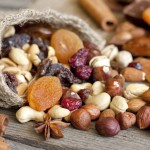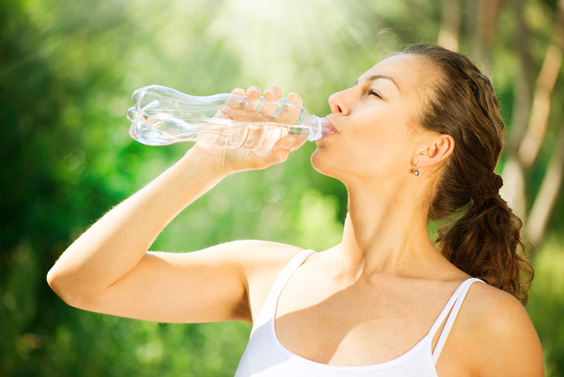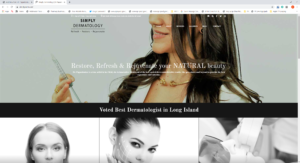Are you eating right for your Acne?
Have you tried every over the counter/prescription for acne, and still can’t seem to stop those pimples from appearing every other day? You are definitely not alone, and this is something I deal with in my office every day. It is unrealistic to believe that all acne will improve with just topical creams and cleansers. This particularly rings true for those of you out there who have hormonal acne….a high number of you indeed. I will go over my general recommendations that can dramatically improve acne naturally!
It is essential to recognize the importance of what we are putting into our bodies every day. I find that especially for acne, in order to get consistent results and eliminate flare-ups the proper diet is key. There are several food groups that contribute in particular to acne, and what I suggest has also been confirmed through dermatologic research in patterns of acne and dietary triggers.
DAIRY
Skip the cow products. Trust me. They are loaded with hormones, even if you buy organic. Think about it, this is meant for a baby cow to become a big cow rapidly. The “Western” ideology that dairy is essential to your health and bone growth is false. The calcium in milk can easily be replaced with eating dark leafy vegetables, in fact some of the largest populations on the planet do not include dairy in their diet….and they are all doing very well. I have many patients who notice that they get flare ups after having a dairy splurge.
To avoid dairy, that means no milk, cheese, ice cream, butter, and products that have butter in them…so read labels. A wonderful milk replacement is Almond Milk (try Califia, it is terrific).
REFINED CARBOHYDRATES
This is the tough one to talk about. Many people will say….What?! No bread?! How dare you? And, I wish that this wasn’t the case, but all the research shows such strong correlations with acne and the glycemic index. This means…try to avoid sweets, white bread, white rice, pastas, etc. Certainly in moderation whole grains can be well tolerated, such as brown rice and bread. However, these should not be the main star of your meal. Avoid the bread basket when you go out to eat, either keep the towel over the bread or even ask them to not bring bread to the table. I will often have them hold the toast when ordering an omelet if I am out.
Anecdotally, I also have seen that a gluten free diet can help clear the skin for many patients. It will take 8 weeks with any change in your diet or skin care regimen to notice a change, so I suggest you give it a real try if you think this might help you.
Tips For What To Eat

Breakfast
The American breakfast has to be the most carb driven out there. Skip the cereal, pancakes, English muffins….opt for eggs, a veggie omelet, or quinoa (made oatmeal style is so yummy and nutritious for breakfast). Eggs are good for you! They had a bad reputation for many years, but we now know that they have always been good. The oldest woman alive that just turned 117, eats 2 eggs a day (she eats them raw, and I am definitely not suggesting that you do!). Eggs are loaded with good proteins, Vitamin A and D.
Snacks
Try snacking on a handful of nuts, or a Kind Bar. Bring Apple slices and almond butter for dipping. Try a berry smoothie, this will be filled with skin friendly antioxidants.
Lunch
Skip the sandwich, instead opt for a salad, or a protein (such as salmon or chicken) with vegetables. If you must have a sandwich get a whole wheat wrap, but it is still better to avoid the extra carbohydrates when possible. Have some fruit with your meal.
Dinner
Eat a healthy fish such as Salmon that is rich in Omegas. Eat meats that are grass fed, these meats actually produce Omega fatty acids that are beneficial to your health and skin. Eat plenty of vegetables. Keep your carbs to a small amount, imagine a handful of brown rice, that is not a lot. Use olive oil and coconut oil in your cooking, not only are they good for your skin but using oils in your food will help keep you feeling full longer, so you will not have to snack.


